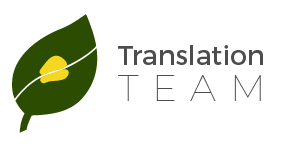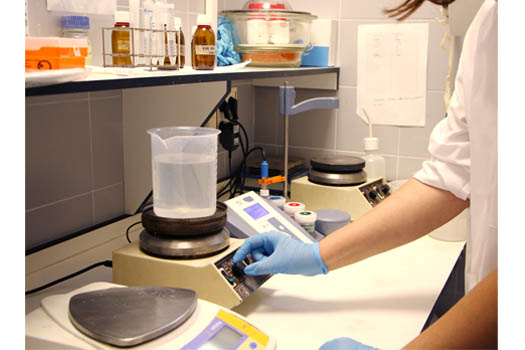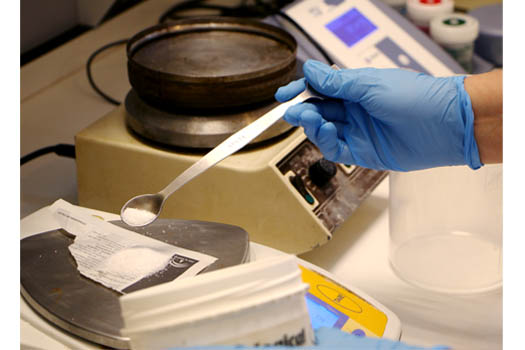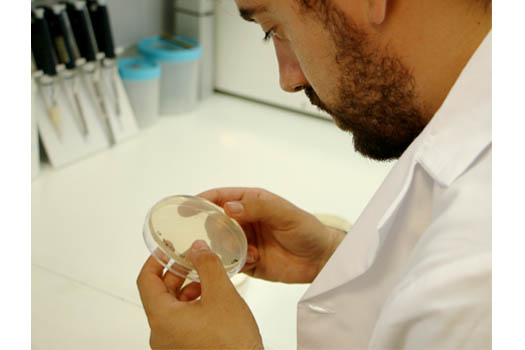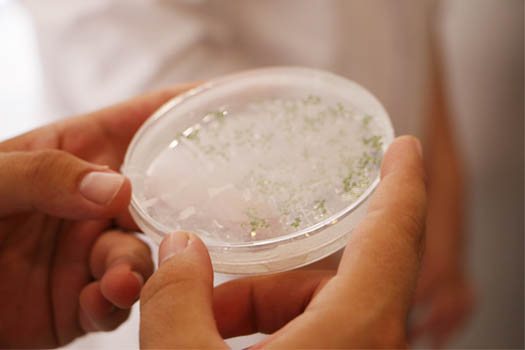PIs: Eduardo Rodríguez Bejarano (Instituto de Hortofruticultura Subtropical y Mediterránea IHSM-UMA-CSIC. Dpto. Biología Celular, Genética y Fisiología, UMA) and Catharina Merchante Berg (Instituto de Hortofruticultura Subtropical y Mediterránea IHSM-UMA-CSIC. Dpto. Biología Molecular y Bioquímica, UMA)
Viral diseases are one of the main limiting factors for intensive horticultural production, and the search for antiviral control systems is a priority. Viruses are obligate intracellular parasites with limited genomes, and rely exclusively on the cellular machinery to synthesize viral proteins. To achieve this, they have developed complex strategies to usurp ribosomes from their hosts, and in response, hosts have developed multiple defensive strategies to protect their own translation machinery. Therefore, the plant-virus interaction constitutes a fascinating system for studying translational regulation events. This project proposes to use state-of-the technologies to identify and characterize the translational landscape of the plant-virus interaction. The results will allow to characterize translational response mechanisms and identify new sources of resistance to these pathogens.

Funding: Consejería de Conocimiento, Educación y Universidad. Junta de Andalucía
